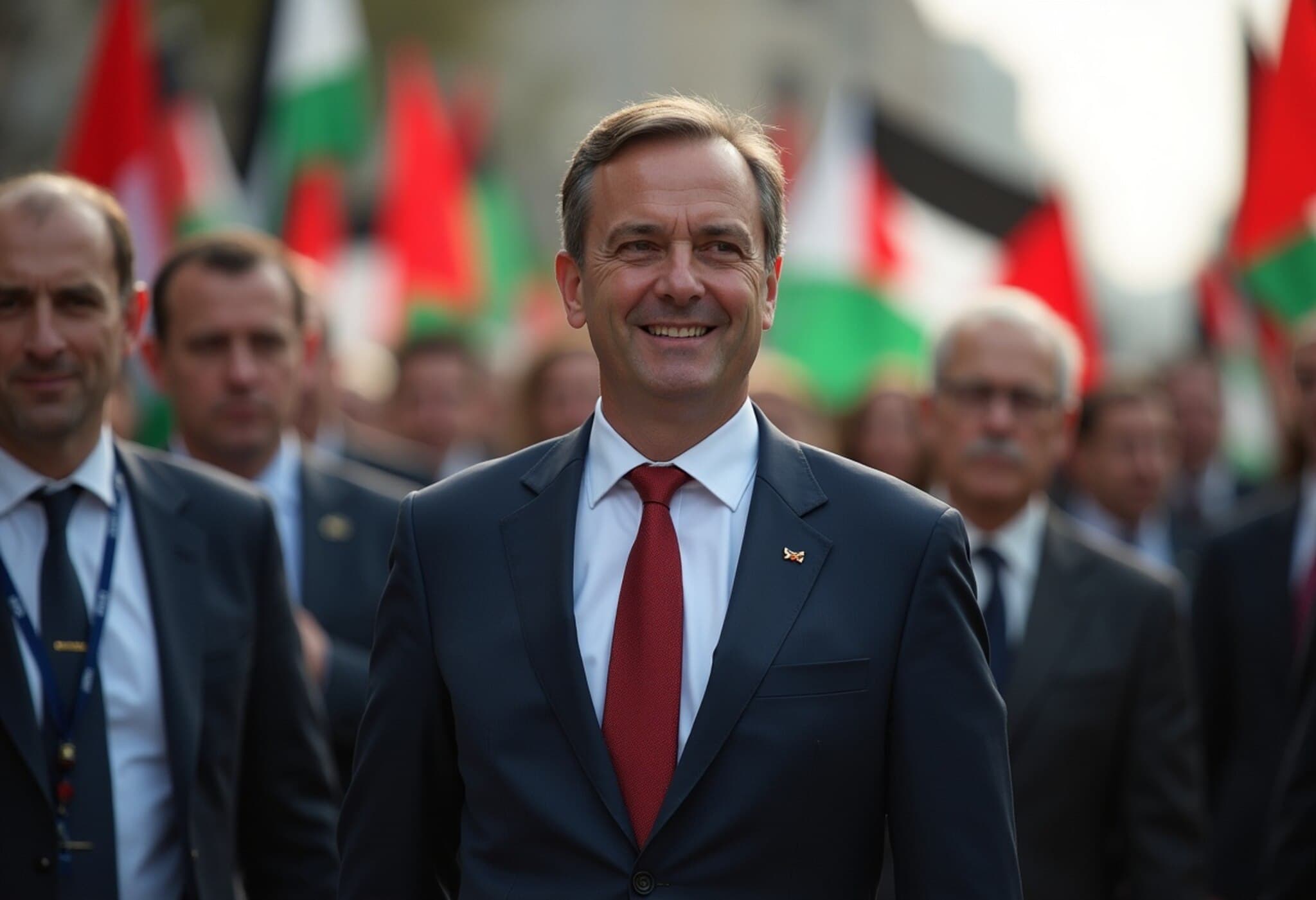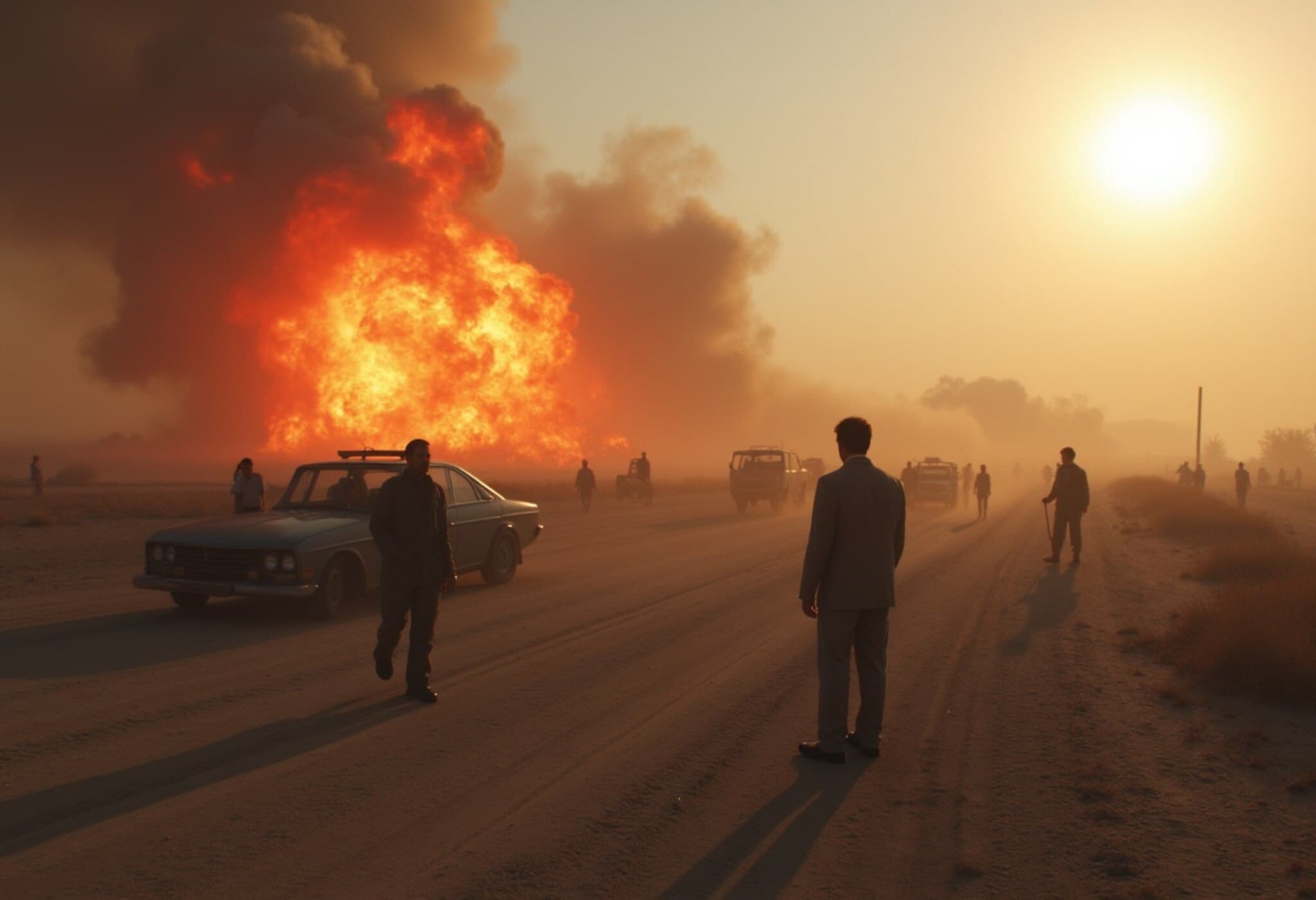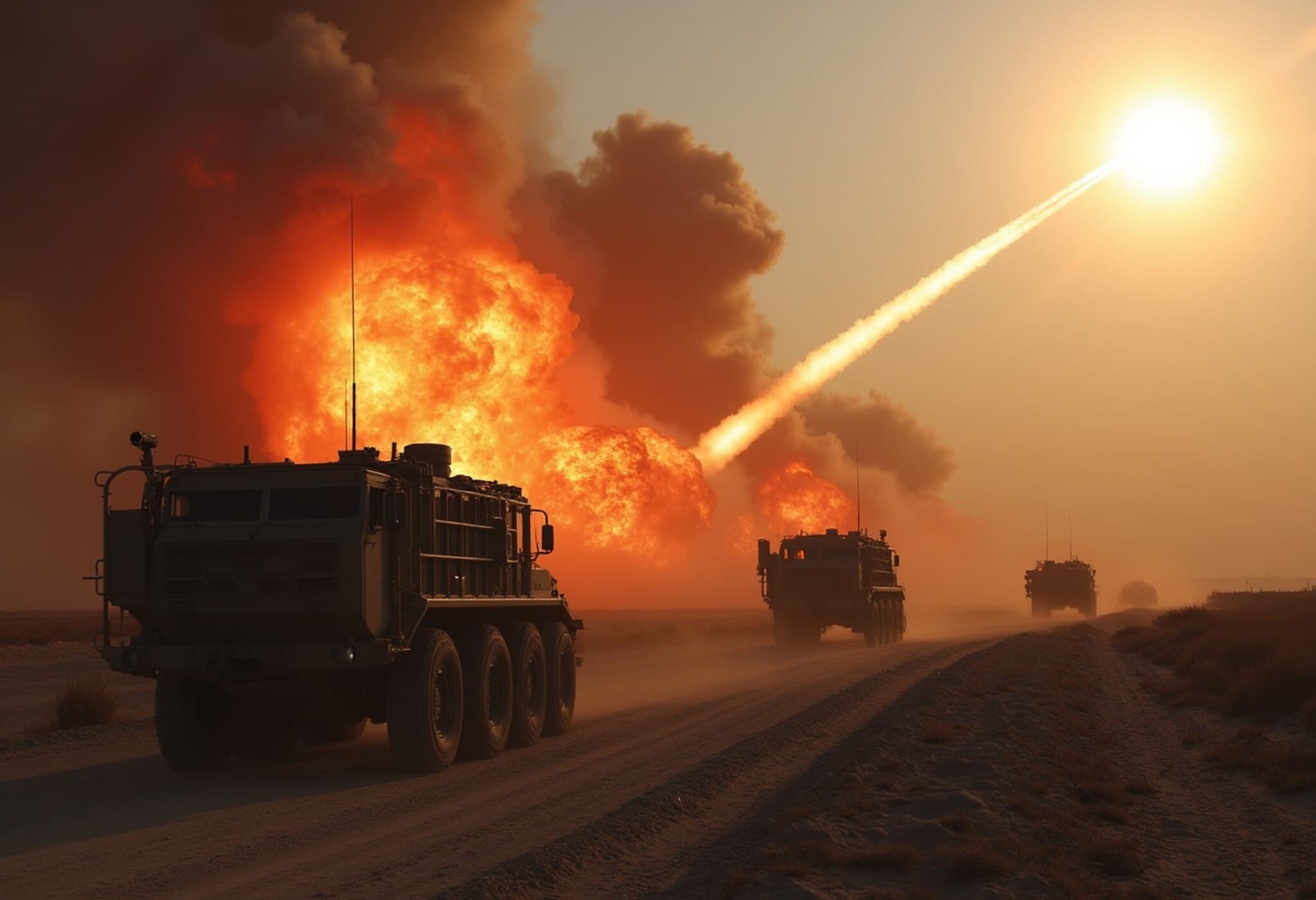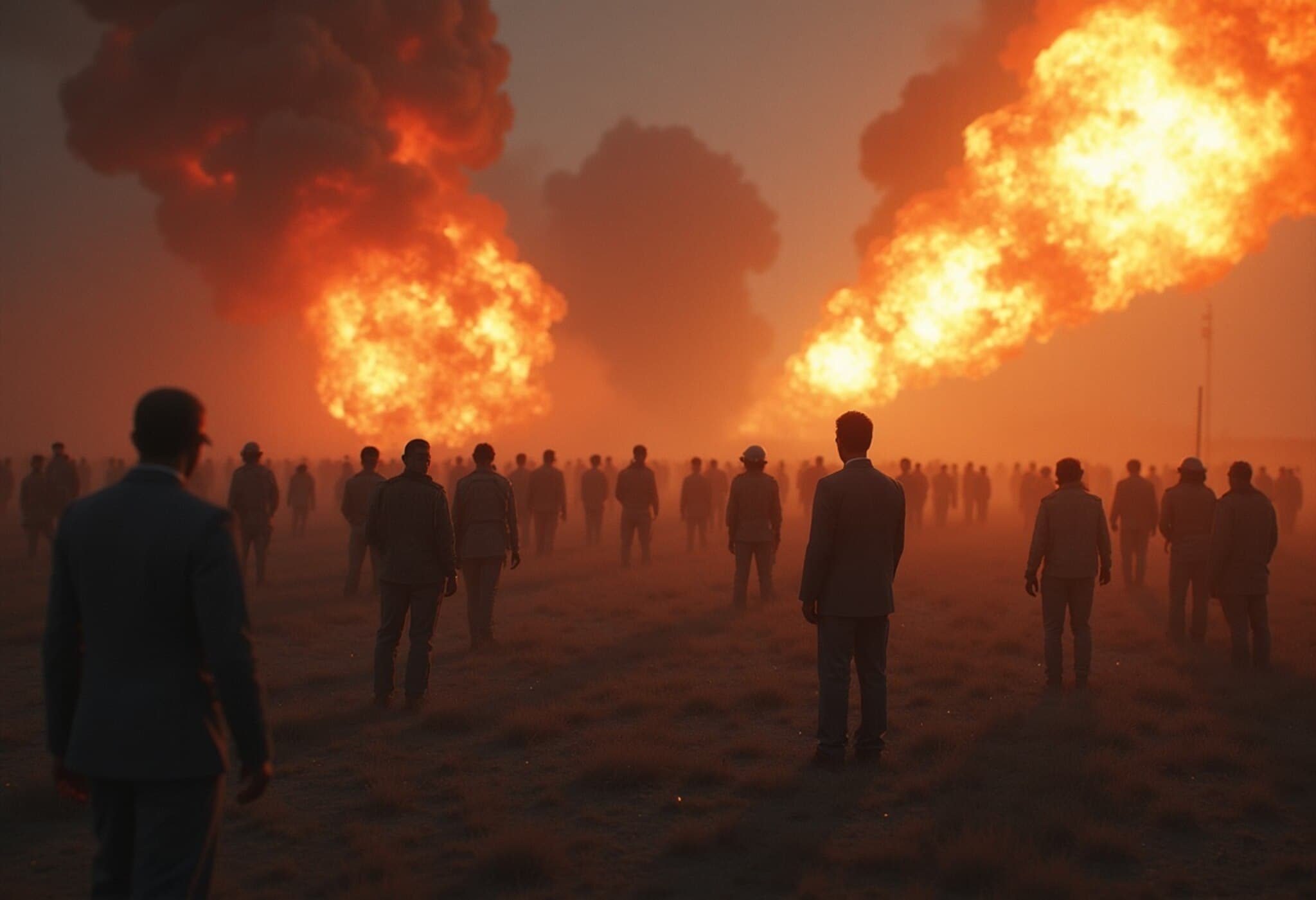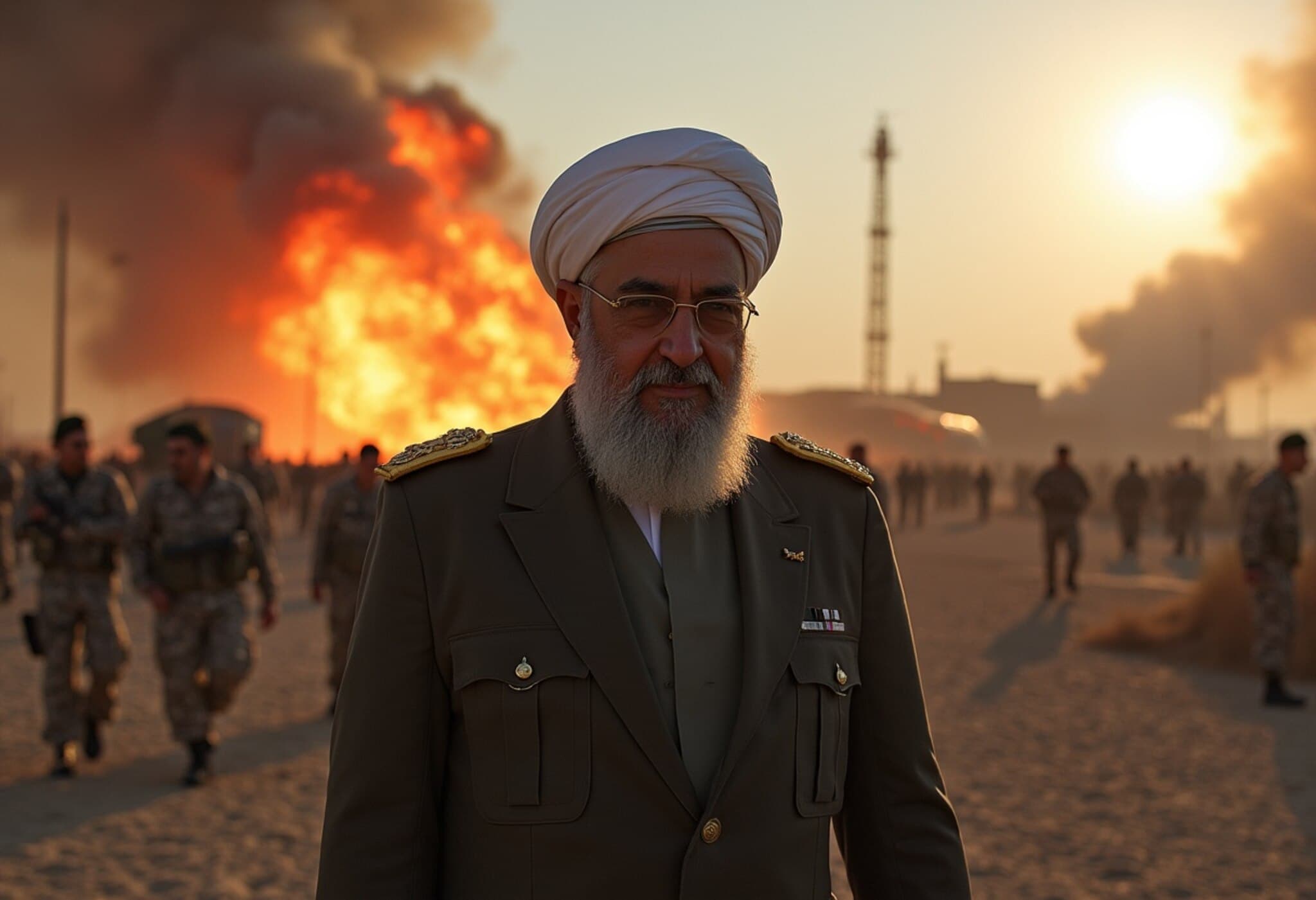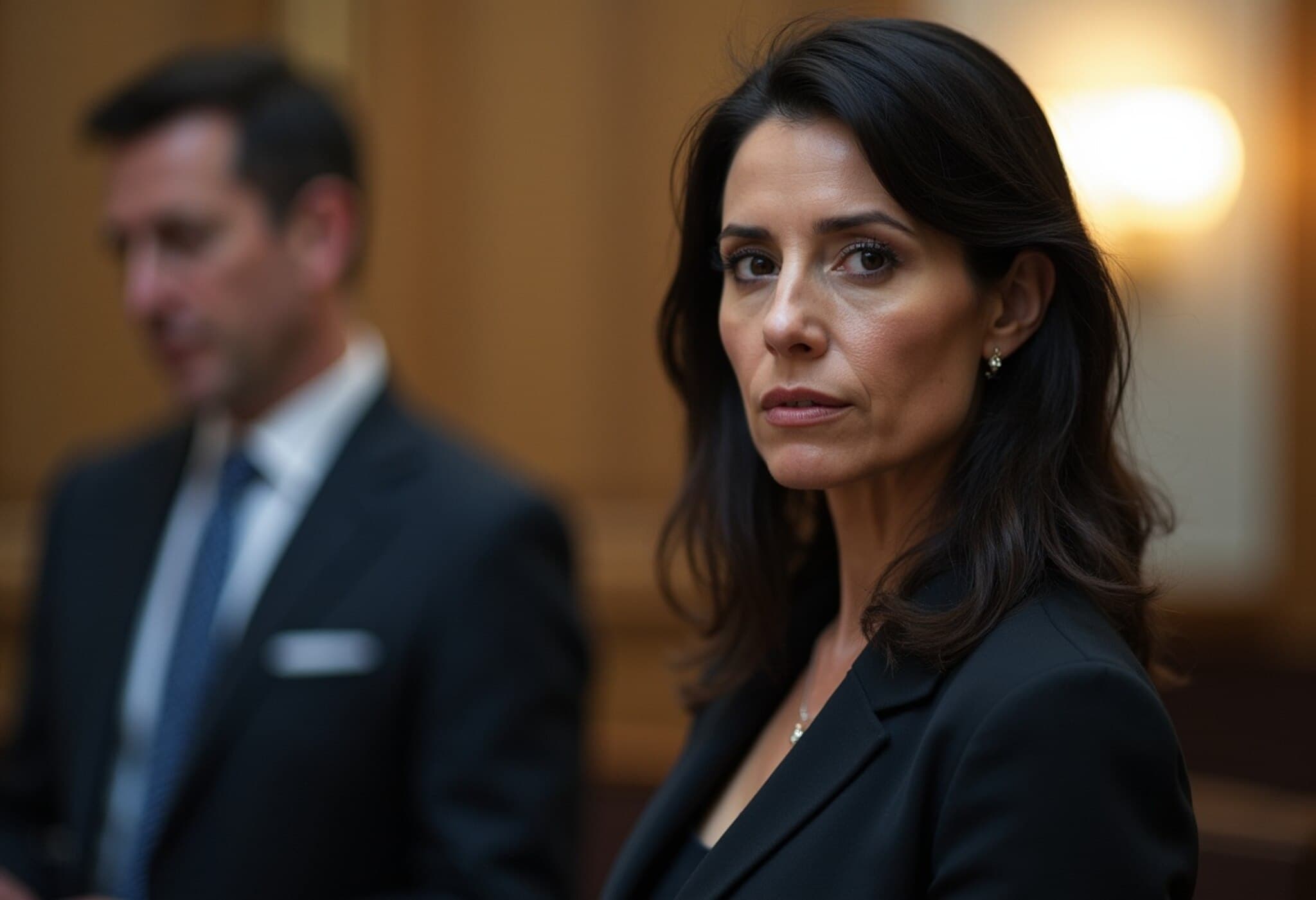France’s Bold Step Toward Recognizing Palestine Stokes International Controversy
In a significant development that has reverberated across diplomatic circles, French President Emmanuel Macron announced plans for France to formally recognize the State of Palestine this September at the United Nations General Assembly. Framing this decision as a crucial stride toward peace in the tumultuous Middle East, Macron underscored France’s long-standing commitment to achieving a just and lasting resolution.
Macron’s Announcement and Its Peace Agenda
On the social media platform X (formerly Twitter), President Macron articulated the urgency of addressing the ongoing conflict in Gaza and providing relief to civilians caught in the crossfire. "Consistent with our historic commitment to a just and lasting peace in the Middle East, I have decided that France will recognize the State of Palestine," he declared. Macron positioned this move as a moral and political necessity aimed at catalyzing dialogue and reducing violence in the region.
“The urgent priority today is to end the war in Gaza and to bring relief to the civilian population. Peace is possible.”
— Emmanuel Macron (@EmmanuelMacron)
Swift and Vocal Backlash from Israel and the United States
The announcement was met with immediate condemnation from both Israel and the United States, illustrating the deep sensitivities surrounding Palestinian statehood amid ongoing violence. U.S. Secretary of State Marco Rubio labeled the move "reckless" in a public rebuke on X, arguing it could inadvertently fuel extremism and undermine peace efforts.
"This decision only serves Hamas propaganda and sets back peace. It is a slap in the face to the victims of October 7th," Rubio stated emphatically.
From Jerusalem, Prime Minister Benjamin Netanyahu condemned Macron’s initiative in equally stark terms. He characterized the recognition as a dangerous concession to terrorism and a direct threat to Israel’s security. Netanyahu asserted that establishing a Palestinian state under current circumstances would effectively serve as a launchpad for further hostility against Israel, rather than coexistence.
“Let’s be clear: the Palestinians do not seek a state alongside Israel; they seek a state instead of Israel,” Netanyahu wrote.
He continued:
“Macron’s announcement is a disgrace and a surrender to terrorism, granting encouragement to Hamas, responsible for the horrific attacks against Jewish people since the Holocaust.”
The Broader Geopolitical Ripples and Historical Context
While largely symbolic at this stage, France’s planned recognition makes it the most influential Western country to take this stance, potentially encouraging others to follow suit. Notably, over 140 countries worldwide have already recognized Palestine as a state, reflecting the complex and fractured international consensus on the issue.
The contested regions of the West Bank, East Jerusalem, and Gaza Strip have been at the heart of the Israeli-Palestinian conflict since Israel captured them during the 1967 Six-Day War. The aspiration for Palestinian sovereignty in these territories remains a central element of ongoing peace discourse, which has, however, been stagnant for years.
With the recent flare-up of violence in Gaza and the resulting humanitarian catastrophe, the question of Palestinian statehood has taken on renewed urgency — compelling global powers like France to reevaluate their diplomatic strategies in pursuit of peace.
Expert Insights: What This Means for U.S. Foreign Policy and Regional Stability
From an American policy perspective, Macron’s decision tests the limits of Western unity on Middle East diplomacy. Historically, the U.S. has been steadfast in conditioning recognition of Palestinian statehood on direct Israeli-Palestinian negotiations and security guarantees. France’s unilateral move risks complicating U.S. mediation efforts and may embolden hardliners on both sides.
Moreover, this development invites questions about the effectiveness of symbolic recognition versus tangible peace-building measures. While recognition may gesture toward Palestinian sovereignty aspirations, without parallel diplomatic engagement and conflict de-escalation, it might inadvertently intensify polarization.
Looking Ahead: Key Questions to Watch
- Will other major Western nations follow France’s lead, potentially reshaping international consensus on Palestinian statehood?
- How will this recognition impact ongoing humanitarian relief and ceasefire negotiations in Gaza?
- Could this maneuver stimulate renewed dialogue between Israeli and Palestinian leadership, or harden existing divisions?
- What role will emerging geopolitical players, such as Iran and regional Gulf countries, play in the evolving dynamics?
Editor’s Note
France’s planned recognition of Palestine is more than just a diplomatic gesture; it reflects a growing impatience with stalled peace processes and highlights the complex interplay between symbolism and realpolitik in international relations. As the world watches how the United States and Israel respond, the move invites reflection on the effectiveness of unilateral recognition in a conflict where emotions run deep and lives hang in the balance. The coming months will be crucial in determining whether this bold step by France can catalyze meaningful progress or will deepen existing divides.












